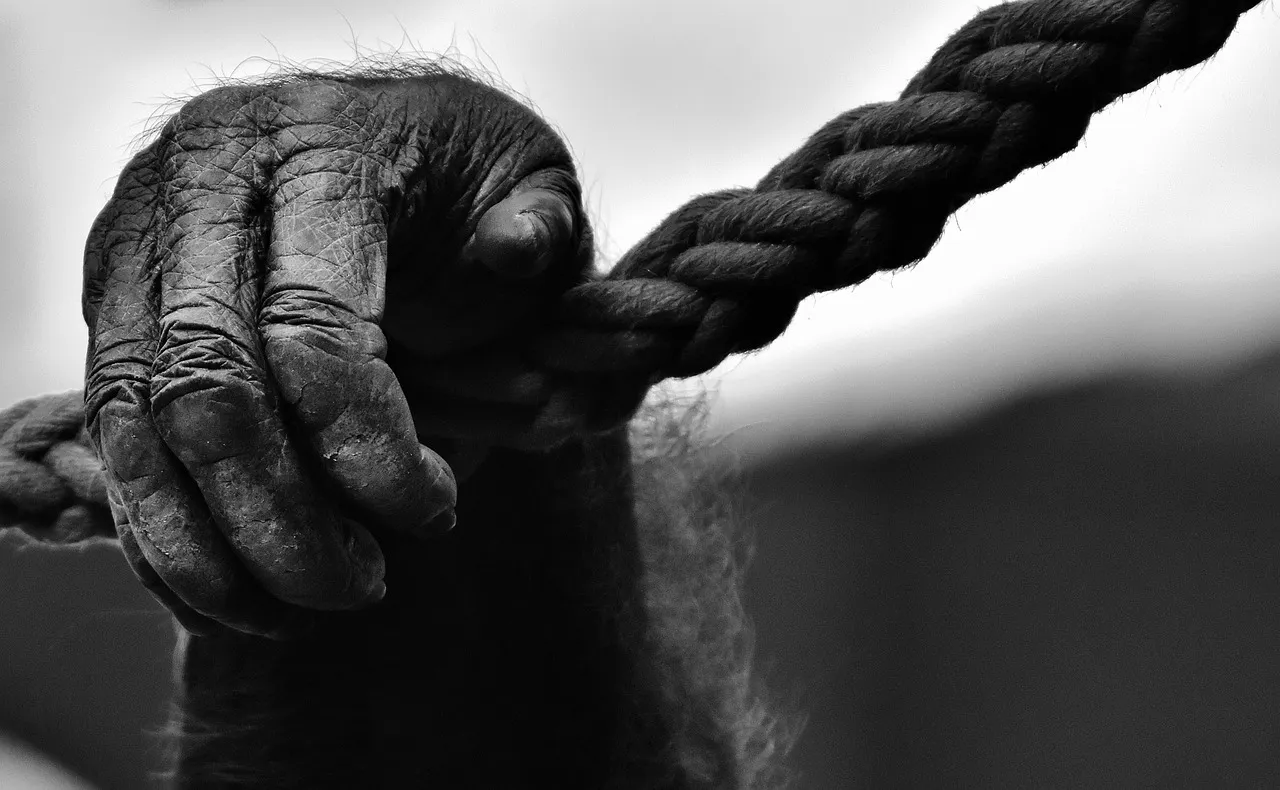In Southeast Asia, monkey shows are a growing business, despite international regulations prohibiting the trade of endangered monkeys.
Asian zoos, circuses and safari parks host large-scale productions of costumed, dancing, roller-skated apes. Research has shown that almost all of these trained primates were not bred in captivity, but came illegally outside Africa and Indonesia, with destinations in China, Thailand and other Asian countries.
Two years ago, at Cairo International Airport, the Egyptian authorities discovered a baby chimpanzee rolled up into a ball and stowed in a piece of hand luggage. Only in the summer of 2017 did the authorities in Cameroon stop a smuggler at a roadblock who was trying to hide a tiny chimpanzee, less than a month old, in a plastic bag.
Young apes are first traumatised when they are caught in Africa and then again when they are deported to Asia (often without sufficient food or care). They are then housed in zoos, circuses and zoos in appalling conditions - without proper attention, affection and the company of other monkeys, something necessary for the healthy development of these social species. Strict training regimes only exacerbate the trauma, reports mongabay..
The illegal trade in animals is the third largest international trade after drugs and arms. The net also makes it possible:. With a mouse click, people can buy any kind of animal. On a website called exoticanimalsforsale.net a male capuchin monkey just one week old is listed for $ 7800; a squirrel monkey is listed for $ 9000 and a Java macaque for $ 4000.
